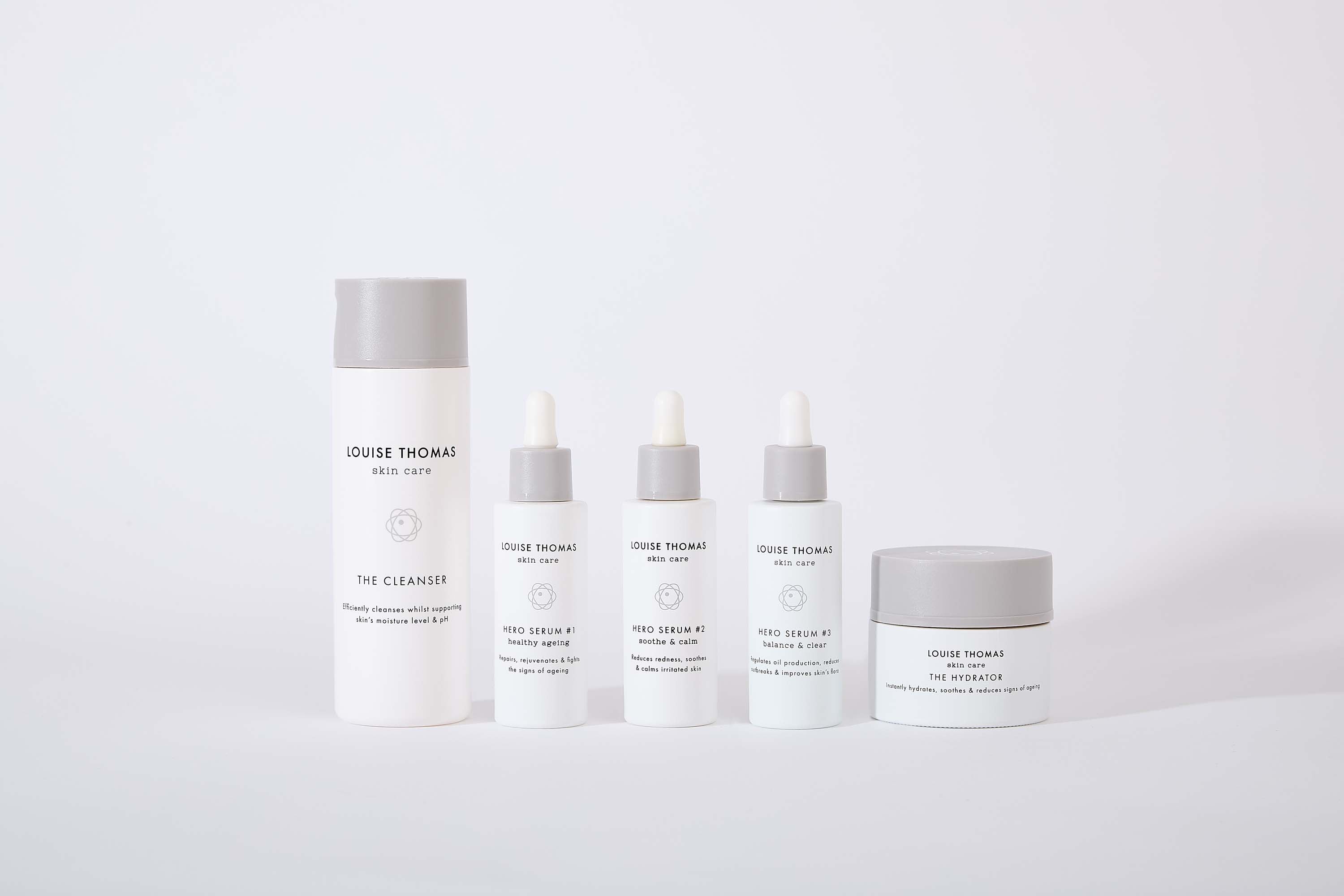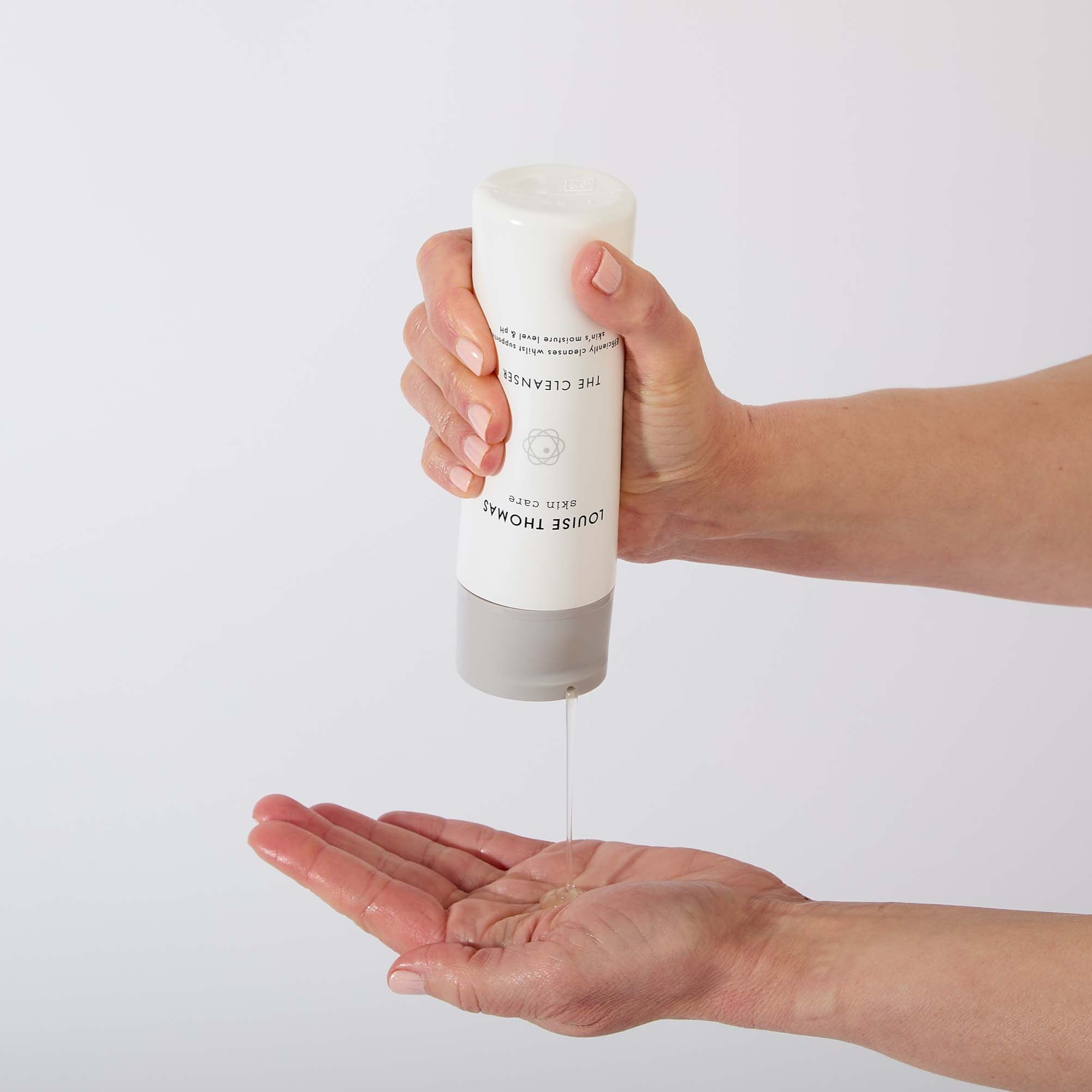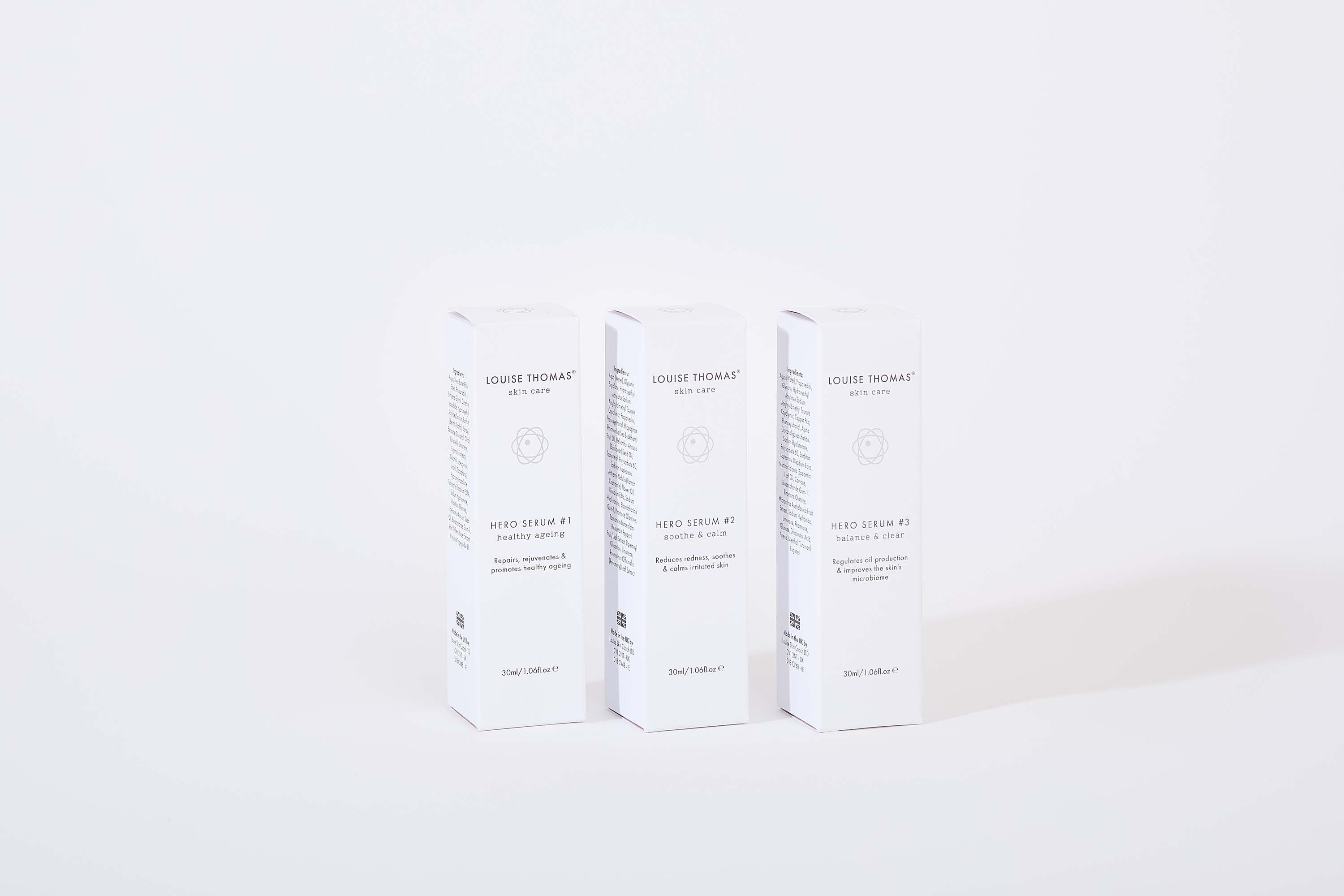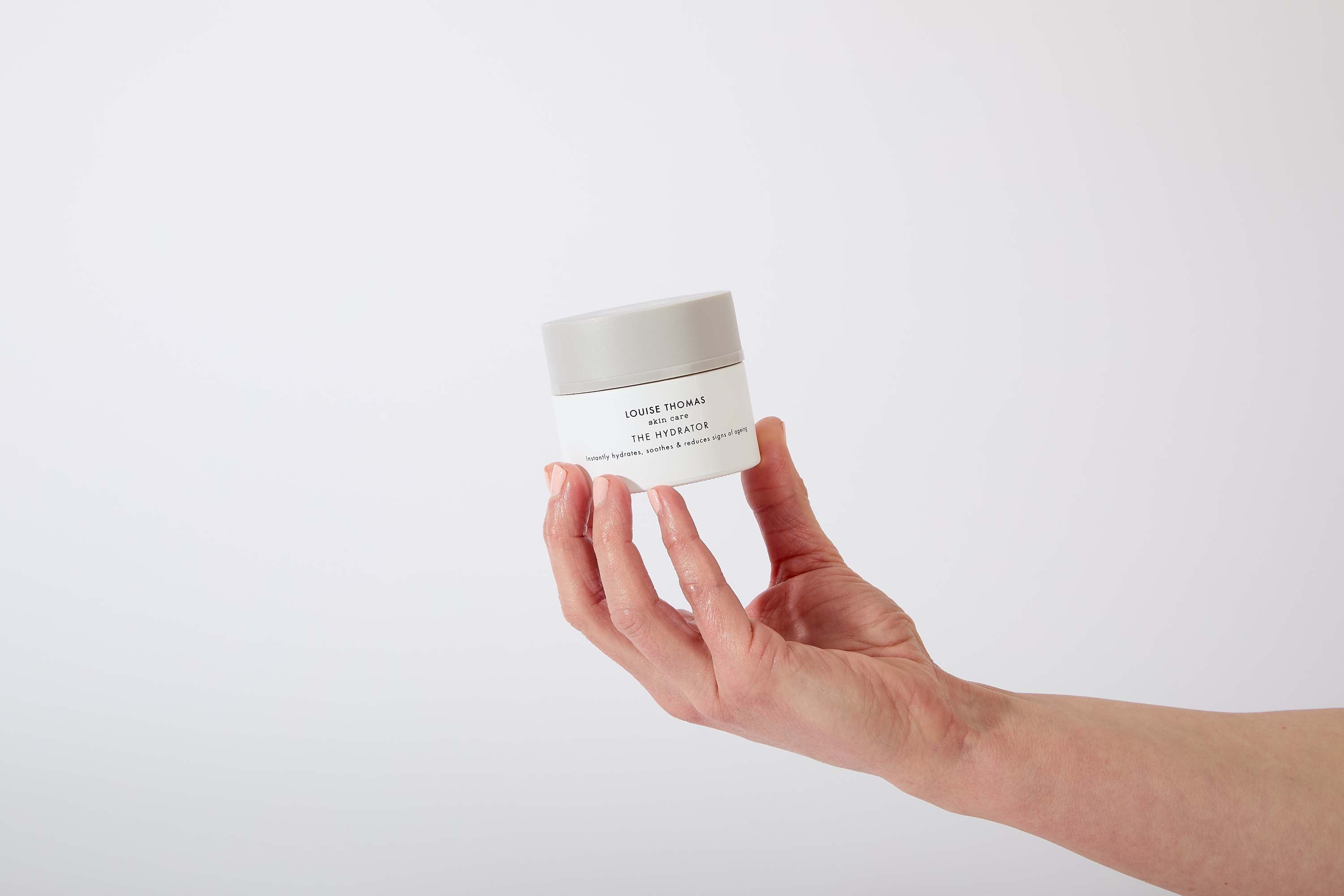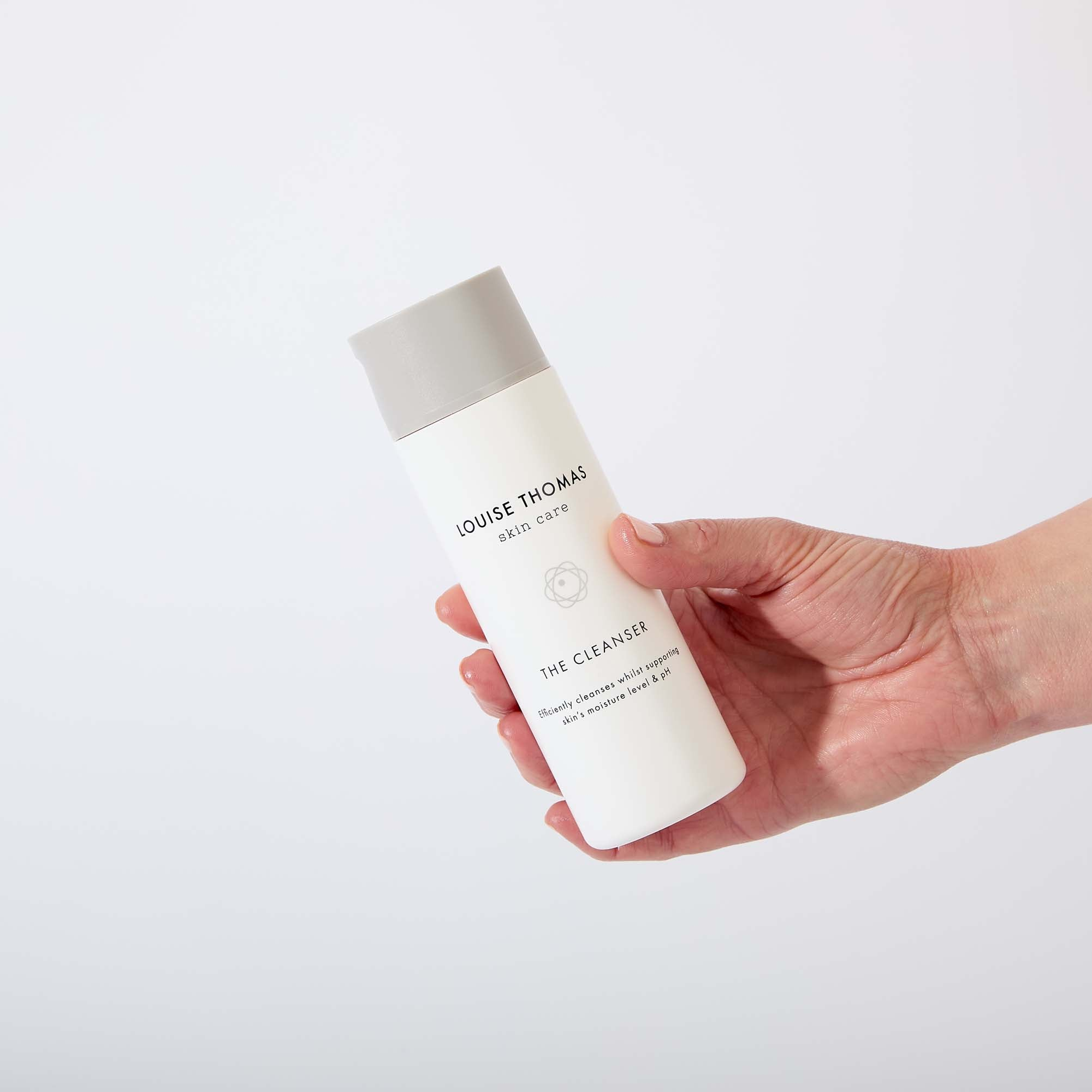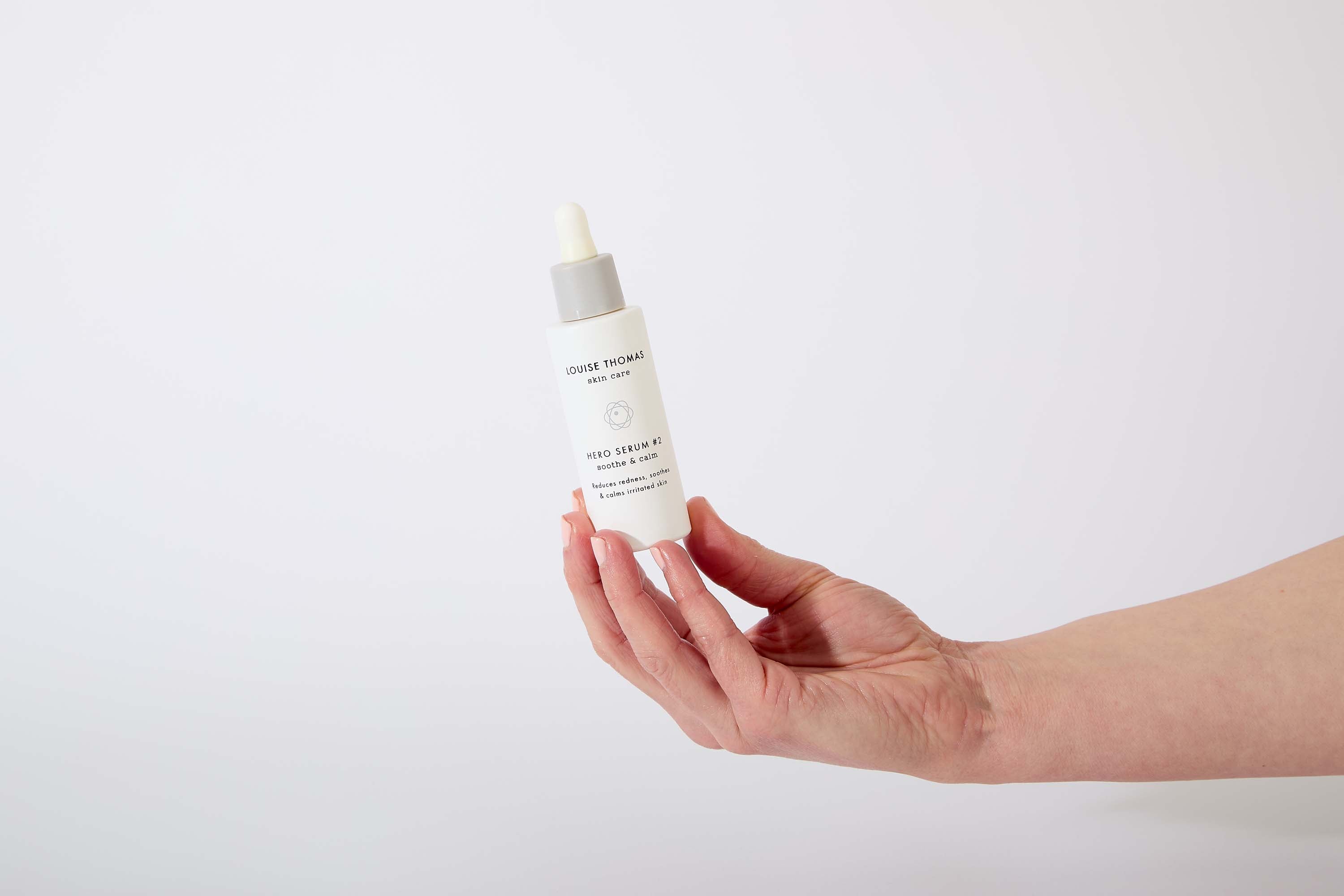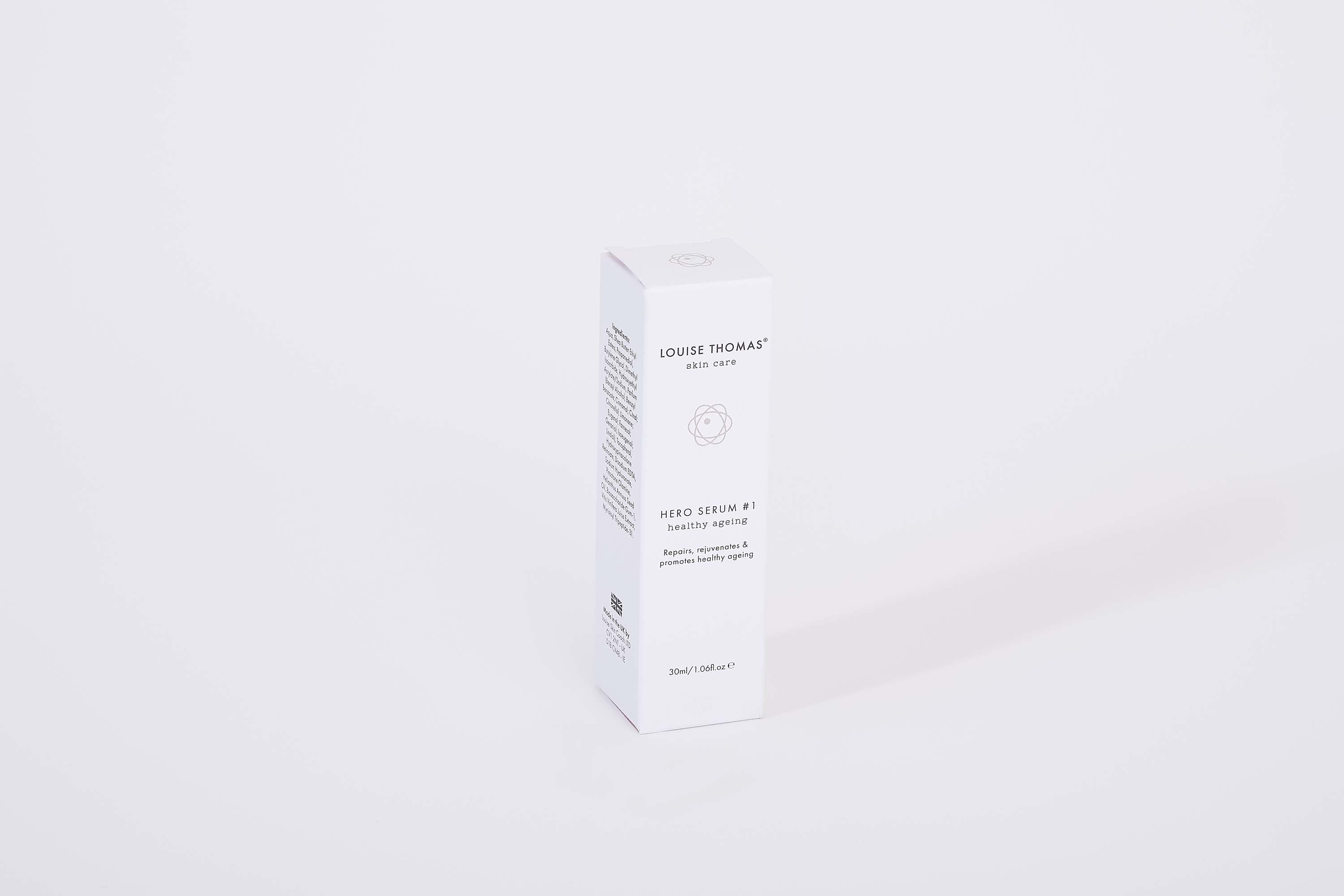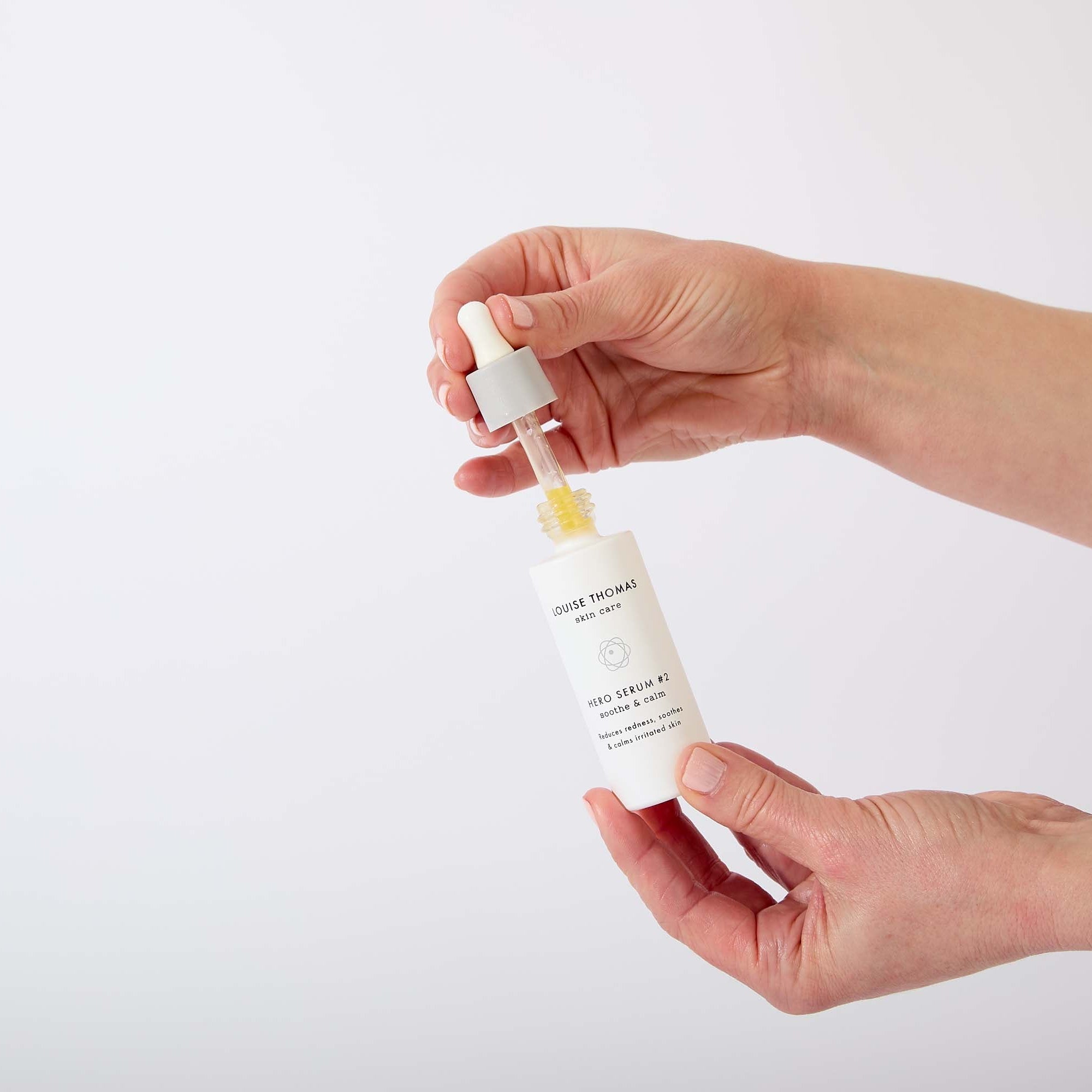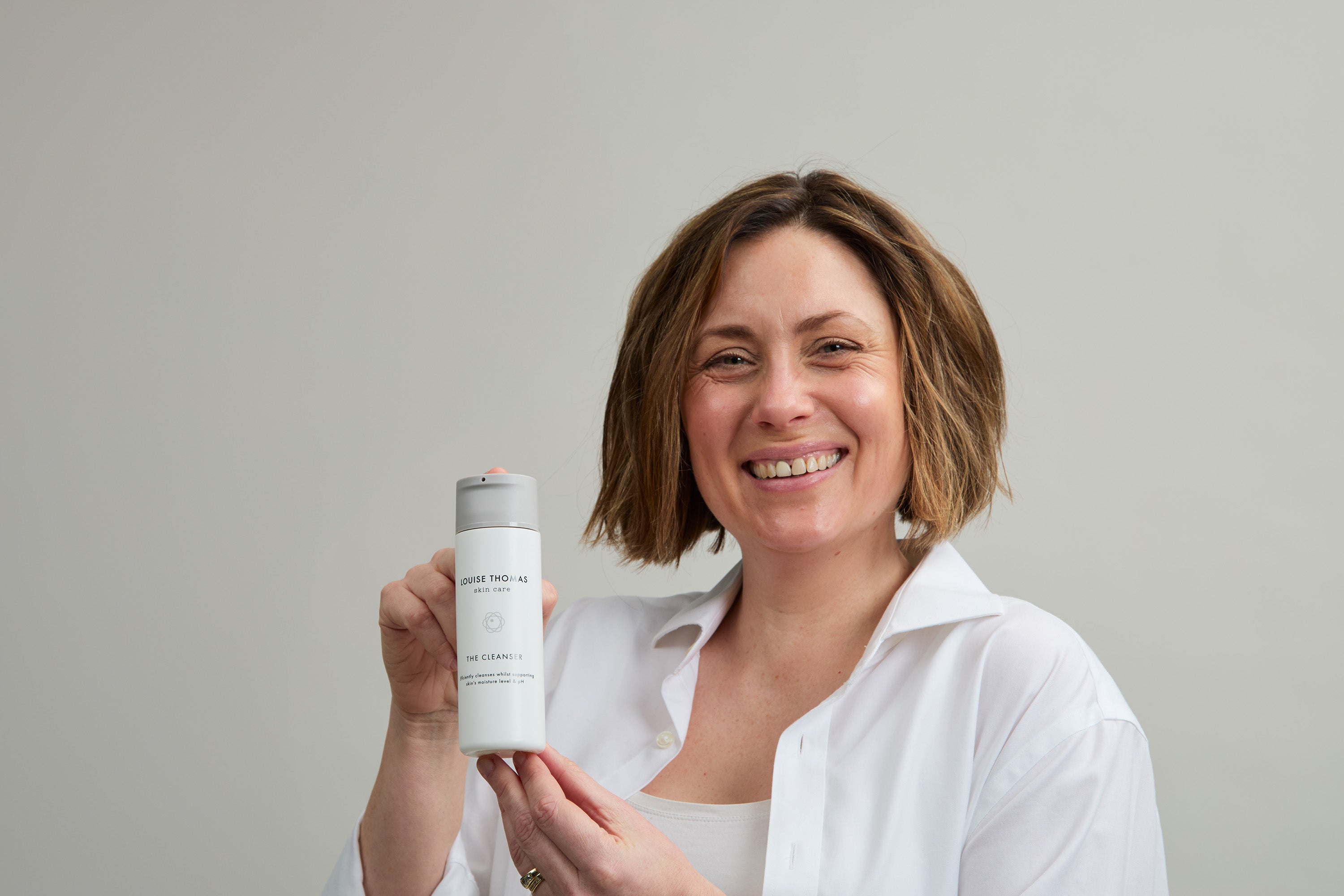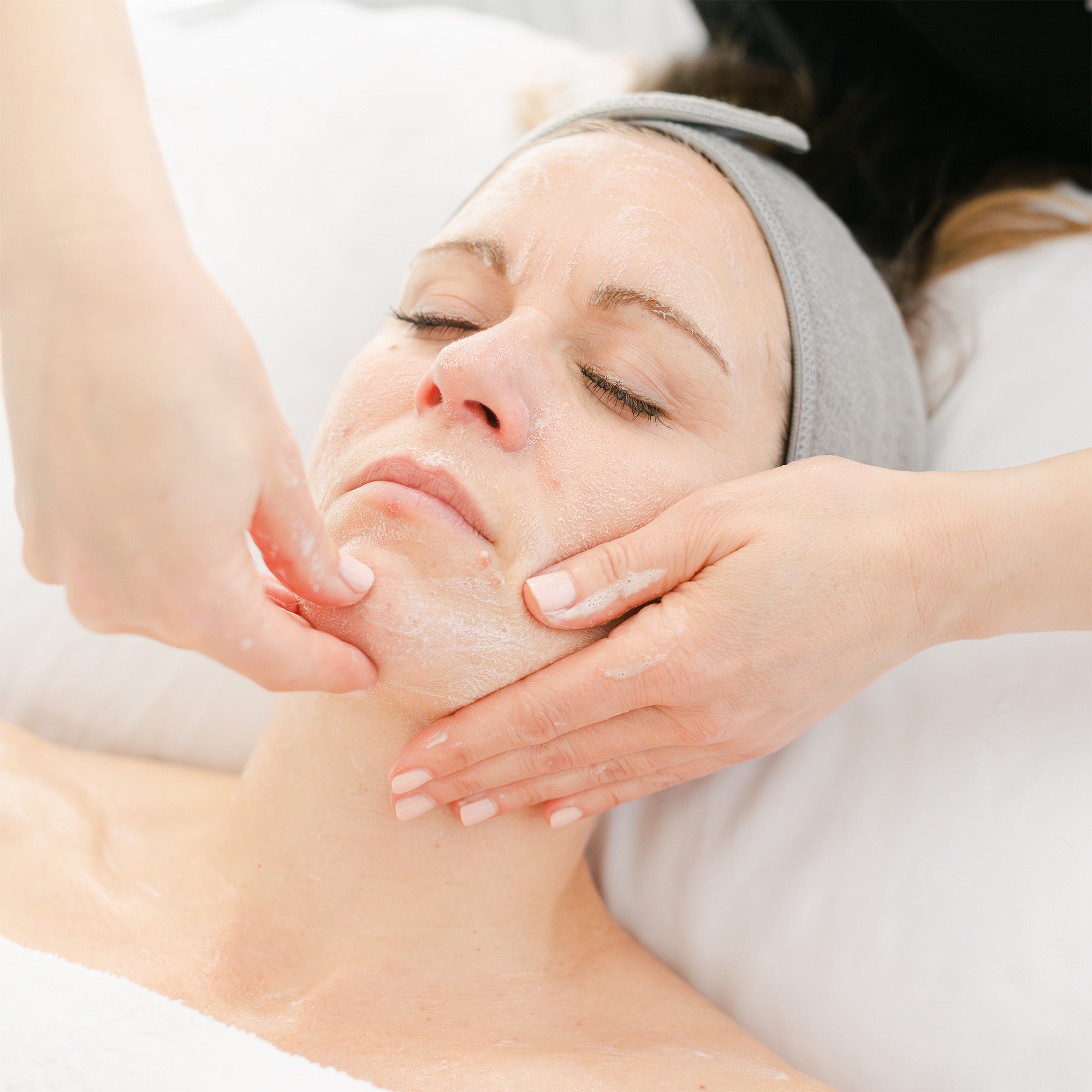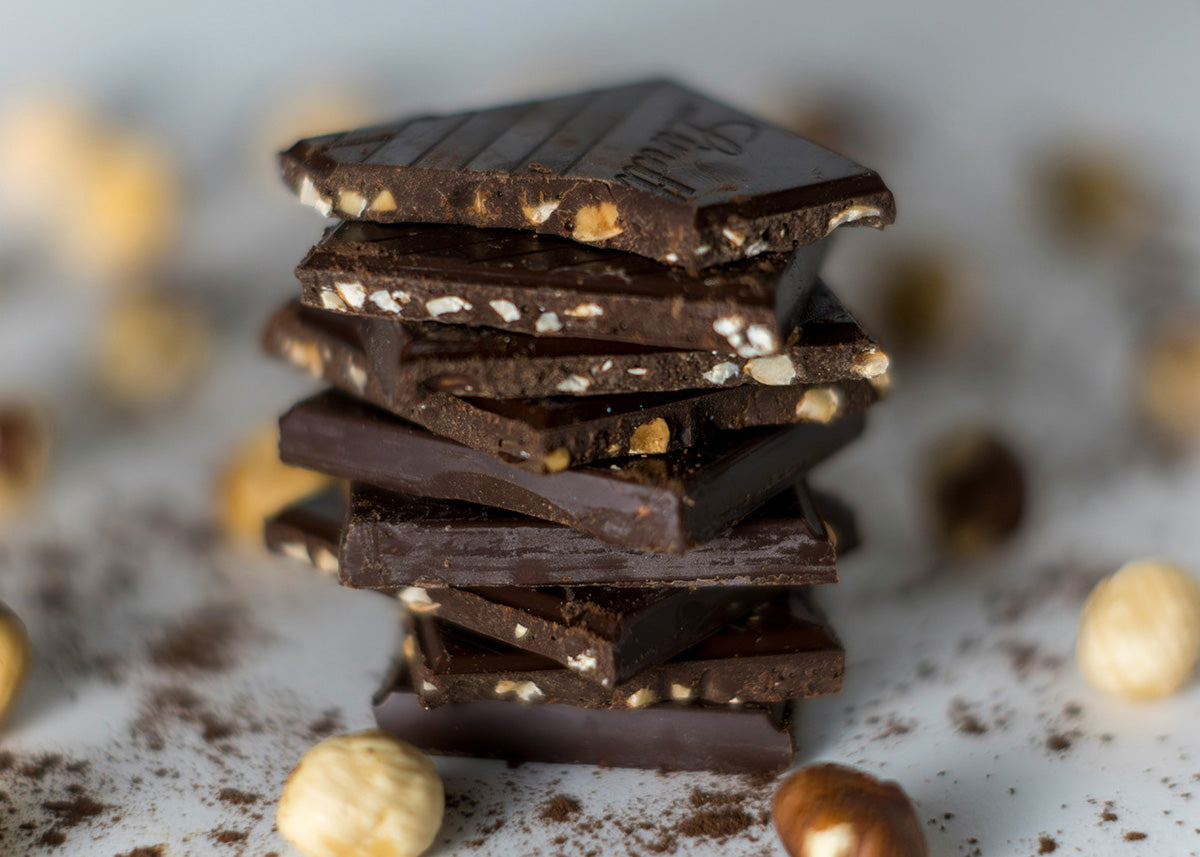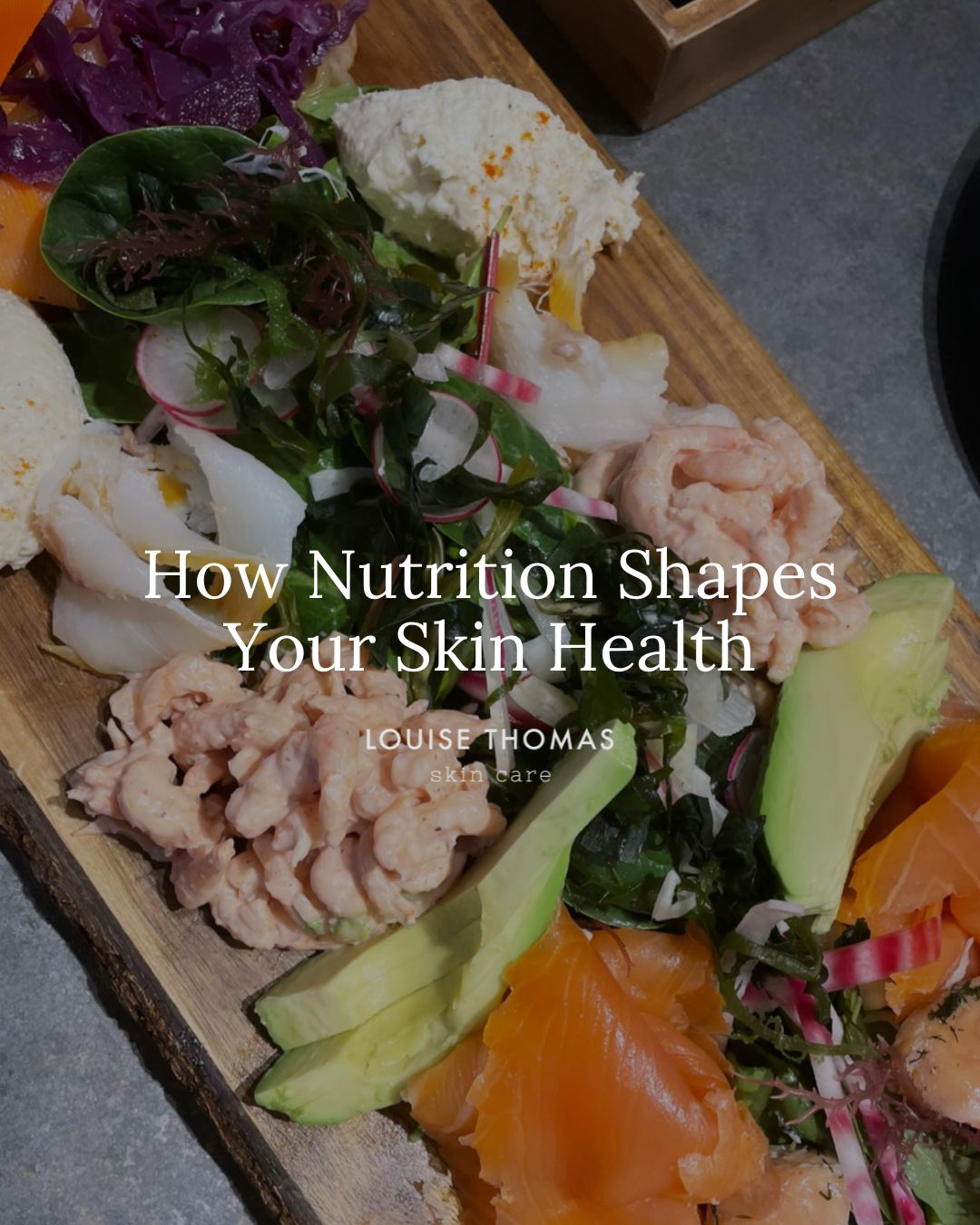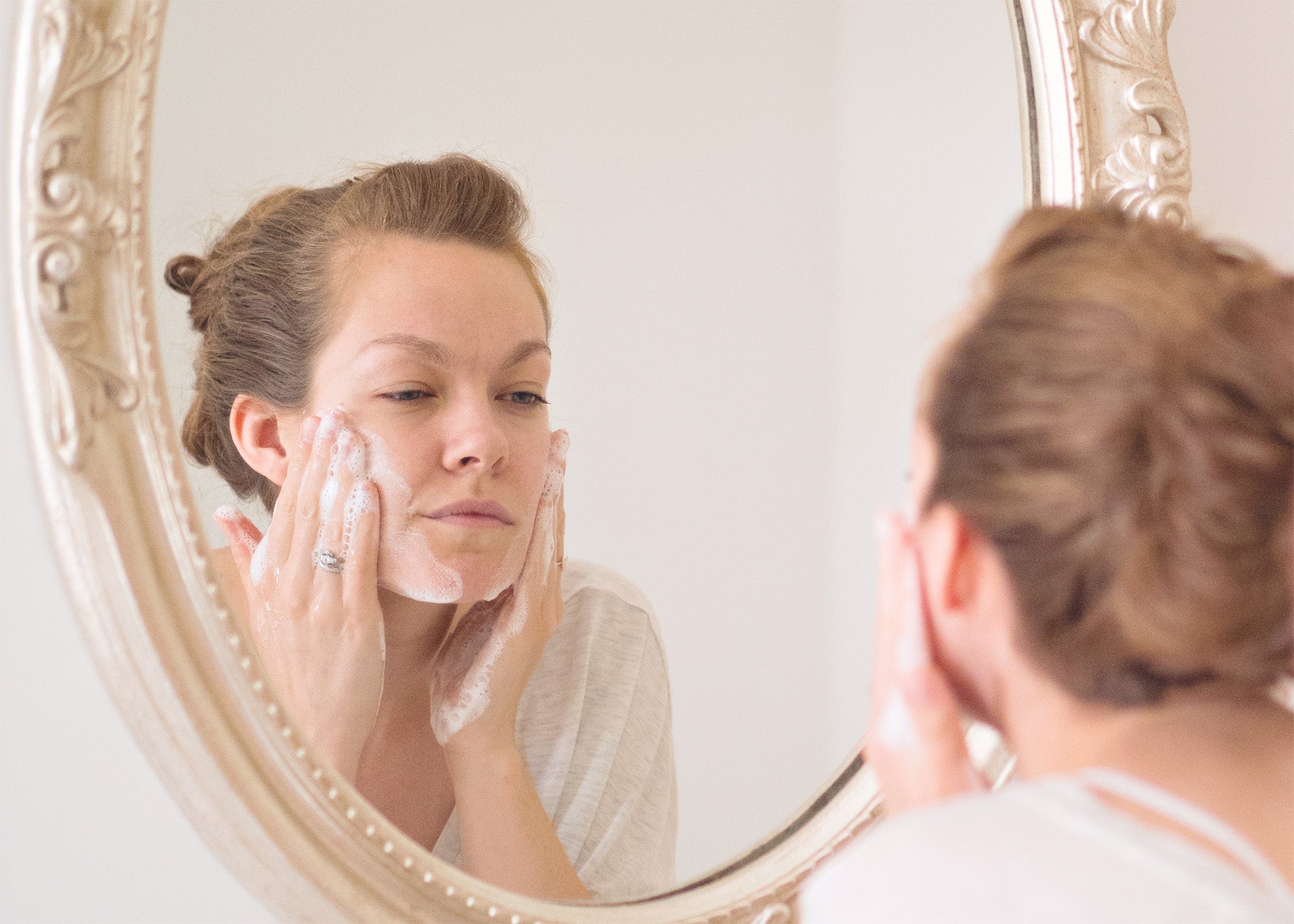How do hormones affect the skin?

20 years ago a philosophy and formula for treating skin was born and our Trinity symbol represents our 3D approach to nurturing the skin back to health. This month we are going to break down the third and final element of this symbol: Holistic. This term is often thought about when it comes to the delivery of treatments that focus on a more "natural" or "alternative" approach and whilst our facials always deliver on relaxation, massage and nurturing this wasn't the main focus for Louise when developing the signature approach.
‘I turned to the literal translations of this word characterised by the belief that the parts of something are interconnected. It's about the treatment of the whole person, taking into account mental and social factors, rather than just the symptoms of the skin condition. It’s not enough to just ask the basics that a skin consultation will suggest we have to take the time to listen and establish the lifestyle of that client and how that's impacting their skin.’ Lousie said.
A large part of this process includes understanding how hormones can affect the skin positively and negatively and what stage the client is at in their life cycle.
Hormones play a crucial role in skin health and appearance, influencing various skin conditions and changes throughout life. Here’s an overview of how hormones affect the skin, along with tips for managing hormone-related skin issues.
How Hormones Affect the Skin
- Puberty:
- Explanation: During puberty, increased levels of androgens (male hormones, which are present in both males and females) stimulate oil glands, leading to increased sebum production and often resulting in acne.
- Example: Teenagers commonly experience oily skin and acne breakouts on the face, chest, and back.
- Menstrual Cycle:
- Explanation: Hormonal fluctuations during the menstrual cycle can lead to changes in the skin. Oestrogen and progesterone levels fluctuate, which can affect oil production and skin hydration.
- Example: Many women experience premenstrual acne flare-ups due to increased oil production just before their period.
- Pregnancy:
- Explanation: Pregnancy hormones, particularly oestrogen and progesterone, can cause a variety of skin changes. Increased blood flow can give a "pregnancy glow," but hormonal shifts can also lead to issues like melasma (dark patches on the skin) and acne.
- Example: Some pregnant women develop the "mask of pregnancy," characterised by darkened areas on the face.
- Menopause:
- Explanation: During menopause, oestrogen levels drop significantly, leading to decreased collagen production, skin thinning, dryness, and the formation of wrinkles.
- Example: Women may notice their skin becoming drier and more prone to wrinkles and sagging during and after menopause.
- Thyroid Disorders:
- Explanation: Thyroid hormones regulate metabolism and can affect skin health. Hypothyroidism (low thyroid hormone) can lead to dry, coarse skin, while hyperthyroidism (high thyroid hormone) can cause warm, moist skin and sometimes hives.
- Example: People with hypothyroidism may notice their skin feels dry and rough, especially on the elbows and knees.
- Stress Hormones:
- Explanation: Cortisol, the primary stress hormone, can lead to increased oil production and inflammation, exacerbating conditions like acne, eczema, and psoriasis.
- Example: During times of high stress, you might experience more frequent acne breakouts or flare-ups of eczema.
